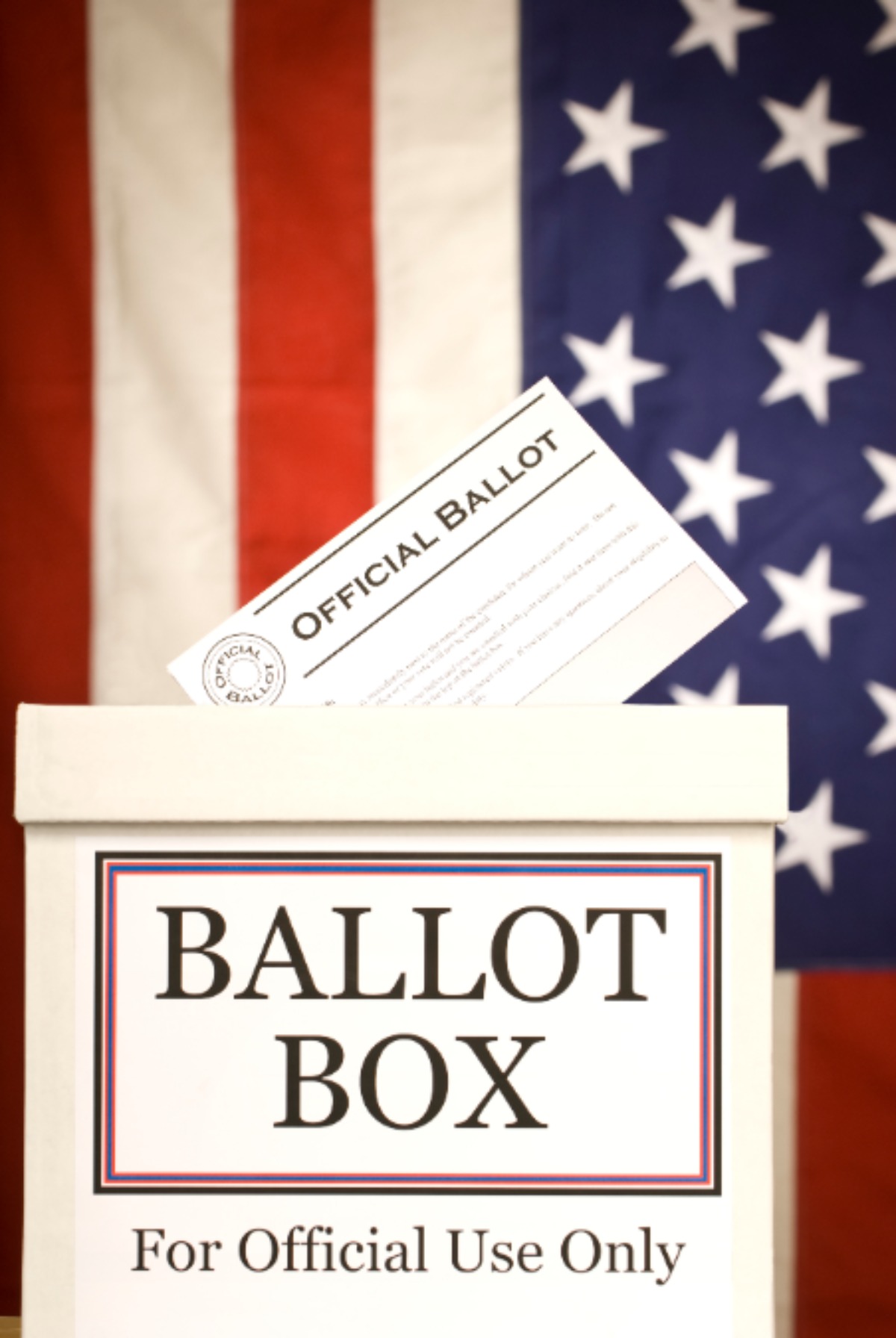Enigma Forensics President Lee Neubecker wonders why politicians are not following the same CDC directives that we have to. Lee interviews Geary Sikich, President of Logical Management Systems. What are your thoughts? Check out this video interview.
The Transcript of the Video Follows.
Lee Neubecker (LN): This is going to be a short segment about why Congress, Senate, the President, why they’re not practicing, even the governor, why they’re not practicing the recommendations to keep separation and they’re doing these press conferences full of people putting everyone at risk when they can use tools like Zoom and still have the communication but not have the personal interaction. I mean, the Senate’s likely going to all have this thing soon and because they have to vote in person, that’s going to be a real problem if they can’t get something passed and they’re all sick.
Geary Sikich (GS): Yeah, you know, they broached that yesterday during one of their news conferences and Trump was saying that he would like to see them be able to operate remotely but he was saying that it might be a constitutional issue where that may preclude them. They may actually have to show up.
LN: But maybe they could debate everything on a tool like-
GS: Yeah.
LN: Zoom or WebEx and then come in to cast their vote one at a time in isolation so that they’re not around each other.
GS: Yeah, I think that’s … They should be investigating a lot of different options, but they’re not
LN: Why is the president standing next to his advisors, you know, within a foot of them. You have the vice president, the president. They’re all standing next to each other. They should be … The need to have everyone crammed into the White House briefing room, they could be using technology and spacing out so that people aren’t on top of one another.
GS: Yeah, I mean, even if you noticed the media on TV, when you’re watching the news and whatnot, like-
LN: So they have one blank seat. But that’s not six feet away.
GS: No, but I’m saying the media on TV has got separation, like this morning I’m watching NBC on morning news, and they’ve got them sitting. You know, it’s just a wider angle for the camera, and it wouldn’t be that difficult because I’ve noticed the same thing in every press briefing I see, whether it’s the president or the governors, or any of them. There is a kind of a cluster of people around them, which is typical of the way it used to be and it’s not advisable now.
LN: Yeah, but it’s certainly something that should be looked at. I think it’s important that we do everything we can to keep the infection rate from spiking quickly. We know in Italy, when it spiked the way it was, the death rate goes up to 10%.
GS: Yeah, Italy is, it’s scary because everything they have done, they, unfortunately, got … got into it a bit late because they kept their borders open way too long and they allowed things to kind of transpire that now puts them into, you know, the situation being number two as far as fatalities and as far as case rate. Once they started, and they’ve shut down the entire country, now they’re actually shutting down the transportation systems within the country to try to contain this.
LN: It’s something else. And then with spring break, all the students coming back from Florida, California. They’re all at the beaches. This is going to transfer, and they’re going to be bringing their family members a special gift home.
GS: Yeah, it scares me about the fact that we allowed the spring break festivities to go on the way they did, that the governors weren’t a little bit more proactive in that regard, and that the people themselves… Granted, you’re young, you feel like you’re invincible. But the reality is, you’re not. And the once-in-a-lifetime spring break is not all that great as it is. Having not gone to any spring breaks when I was in school, other than the trip out West and whatnot, but … the value of it is far offset by the jeopardy you put yourself in from a health standpoint.
LN: Yeah, absolutely. Well, thanks for coming on the show again to talk about this.
GS: Great, enjoyed it. Well, I’m sure we’ll see each other again virtually.
Other Related Videos
View John Hopkins Coronavirus Map
View CDC Guidelines
https://www.cdc.gov/coronavirus/2019-ncov/faq.html#anchor_1584386949645







